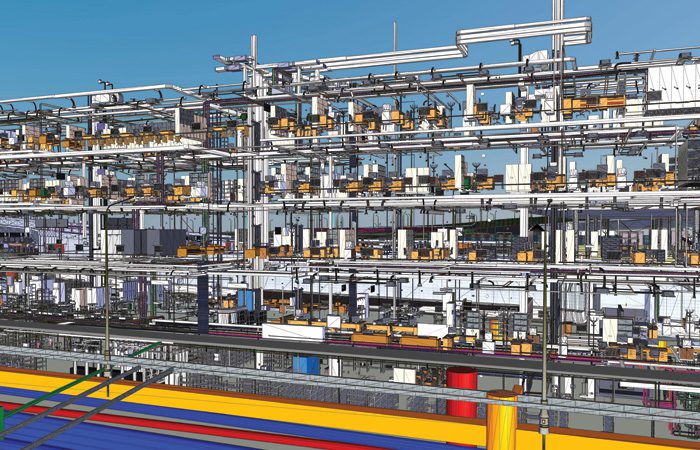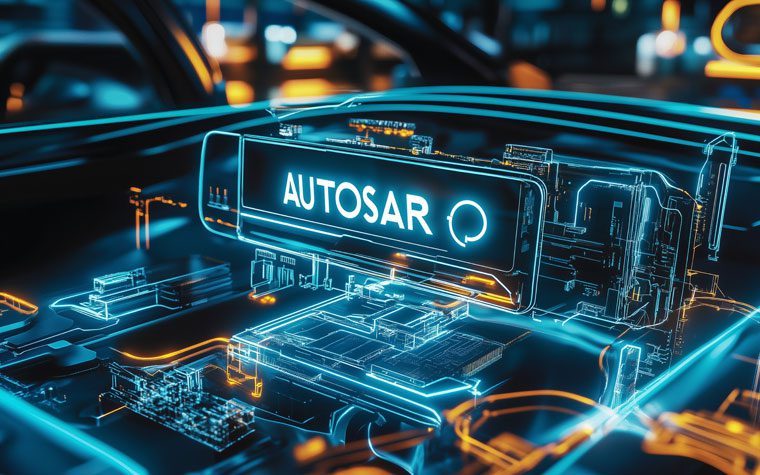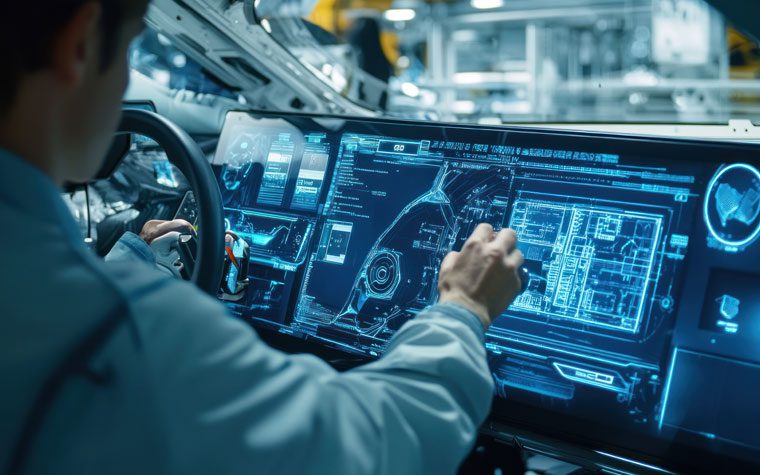
Top Services Every MEP Engineering Specialist Firm Should Offer
In construction and infrastructure development, the role of MEP (Mechanical, Electrical, and Plumbing) engineering specialists is paramount. MEP engineers serve as the backbone, ensuring that buildings function optimally, efficiently, and sustainably. From conception to completion, MEP engineering plays a crucial role in every phase of a project.
In this blog, we’ll delve into the essential services that an MEP engineering specialist firm should offer to ensure the success of diverse construction projects.
- Mechanical Engineering Services:
Mechanical engineering forms the cornerstone of MEP services, focusing on heating, ventilation, and air conditioning (HVAC) systems. An MEP firm should offer a range of mechanical engineering services, including:
- HVAC System Design: Designing efficient HVAC systems tailored to the specific requirements of a building, considering factors such as size, occupancy, and energy efficiency.
- Energy Modeling: Utilizing advanced software to simulate building energy consumption, optimizing HVAC system designs for maximum efficiency and sustainability.
- Indoor Air Quality (IAQ) Assessment: Conducting thorough assessments to ensure optimal indoor air quality, considering factors such as ventilation rates, filtration, and pollutant control.
- Thermal Comfort Analysis: Evaluating and optimizing building environments to ensure occupants’ thermal comfort, considering factors such as temperature, humidity, and airflow distribution.
- Electrical Engineering Services:
Electrical engineering encompasses a wide range of services vital for modern buildings’ functionality and safety. An MEP firm’s electrical engineering services should include:
- Power Distribution Systems: Designing efficient and reliable power distribution systems to meet the building’s electrical demands while adhering to safety standards and regulations.
- Lighting Design: Designing innovative lighting solutions that enhance aesthetics, functionality, and energy efficiency, utilizing technologies such as LED lighting and daylight harvesting.
- Emergency Power Systems: Designing backup power systems to ensure uninterrupted operation during power outages, critical for essential facilities such as hospitals and data centers.
- Renewable Energy Integration: Integrating renewable energy sources such as solar panels and wind turbines into building designs to reduce reliance on conventional energy sources and minimize environmental impact.
- Plumbing Engineering Services:
Plumbing engineering is essential for ensuring efficient water distribution, sanitation, and waste management within buildings. An MEP firm’s plumbing engineering services should encompass:
- Water Supply and Distribution Systems: Designing efficient water supply and distribution systems that meet building occupants’ needs while minimizing water waste and optimizing energy efficiency.
- Sanitary Drainage Systems: Designing robust sanitary drainage systems to safely and effectively remove wastewater from buildings, adhering to plumbing codes and standards.
- Stormwater Management: Implementing sustainable stormwater management solutions to mitigate runoff, prevent flooding, and protect water quality, incorporating techniques such as green roofs and permeable paving.
- Plumbing Fixture Selection: Recommending and specifying plumbing fixtures that balance performance, durability, and water efficiency, contributing to overall building sustainability.
- Fire Protection Engineering Services
Fire protection engineering is critical for ensuring the safety and security of building occupants and assets. An MEP firm’s fire protection engineering services should include:
- Fire Suppression Systems: Designing and specifying fire suppression systems such as sprinklers, fire extinguishers, and fire alarms to detect and suppress fires effectively, minimizing property damage and loss of life.
- Smoke Control Systems: Designing smoke control systems to manage smoke movement within buildings during fire events, facilitating safe egress for occupants and aiding firefighting efforts.
- Fire Risk Assessment: Conducting comprehensive fire risk assessments to identify potential fire hazards, evaluate evacuation strategies, and implement preventive measures to mitigate fire risks.
- Code Compliance Consulting: Providing expert guidance and assistance to ensure that building designs comply with relevant fire safety codes, standards, and regulations, helping clients navigate complex compliance requirements.
- Sustainable Design and Green Building Services:
In an era of increasing environmental awareness and regulatory pressure, sustainable design and green building practices have become integral to MEP engineering. An MEP firm should offer a range of services to promote sustainability, including:
- LEED (Leadership in Energy and Environmental Design) Certification Support: Assisting clients in pursuing LEED certification by implementing sustainable design strategies, optimizing energy performance, and promoting environmental stewardship.
- Energy Efficiency Consulting: Providing energy efficiency consulting services to identify opportunities for energy savings, optimize building systems, and reduce operational costs over the building’s lifecycle.
- Renewable Energy Integration: Designing and implementing renewable energy solutions such as solar PV systems, wind turbines, and geothermal heat pumps to reduce reliance on fossil fuels and lower carbon emissions.
- Life Cycle Cost Analysis: Conducting life cycle cost analyses to evaluate the long-term economic viability of sustainable design features and energy-saving measures, helping clients make informed decisions that balance upfront costs with long-term savings.
Thus, an MEP engineering specialist firm should offer a comprehensive suite of services encompassing mechanical, electrical, plumbing, fire protection, and sustainable design disciplines. By providing expertise in these key areas, MEP firms play a crucial role in shaping the built environment, delivering safe, efficient, and sustainable buildings that meet the needs of clients and communities alike.


